Joe Hildebrand: The greatest dangers to Anthony Albanese’s agenda come from the Greens and Aboriginal activists
The greatest dangers now facing Anthony Albanese’s ambitious climate and Indigenous reconciliation agendas come from Greens and Aboriginal activists, writes Joe Hildebrand.
Opinion
Don't miss out on the headlines from Opinion. Followed categories will be added to My News.
Over the past two days, two things happened that could shape our nation for years to come.
The first was Prime Minister Anthony Albanese releasing the potential wording of a constitutionally enshrined Indigenous Voice to Parliament.
The second was a broad coalition of business and environment groups throwing its support behind the government’s climate change legislation.
The mere mention of those two issues is enough to trigger apoplectic fits on both the right and the left.
But in a way both developments are not so much about Indigenous representation or climate as they are about matters more important than both: certainty and security.
And it is telling that both these major national reforms are at the risk of being derailed not just by conservatives who have always resisted them but by progressives whom you would think would be championing them.

On climate, eight national organisations have sent a clear message to the Greens and others standing in the way of the government’s legislation.
These groups range from the Australian Conservation Foundation to the Australian Industry Group.
And the message, clearly aimed at the Greens and the Coalition, is not one of world-ending doom if we fail to act – the favourite language of climate catastrophists.
It is that we are killing off business confidence and investor certainty. It’s causing inefficiency and a lack of security.
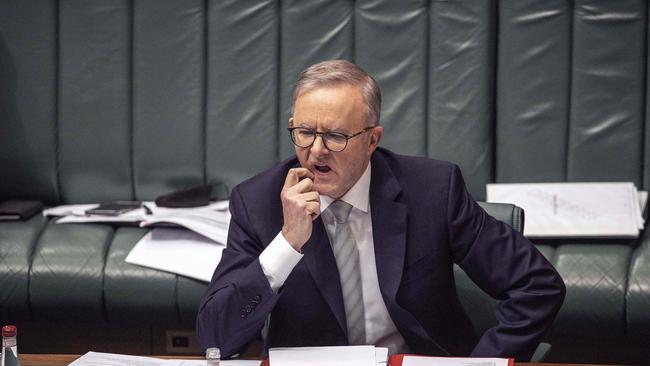
“The lack of a settled national policy has consistently been cited as a key inhibitor to the effective management of climate change risk by investors, directors and other business leaders,” the joint statement begins.
“There is bipartisan and broad community and business support for achieving net zero emissions by 2050. The government legislating a 2030 target of at least a 43 per cent emissions reduction under the Paris Agreement establishes some much-needed policy certainty.”
The statement was also signed off on by the Australian Institute of Company Directors, Investor Group on Climate Change, Australian Energy Council, Governance Institute of Australia and Australian Council of Superannuation Investors.
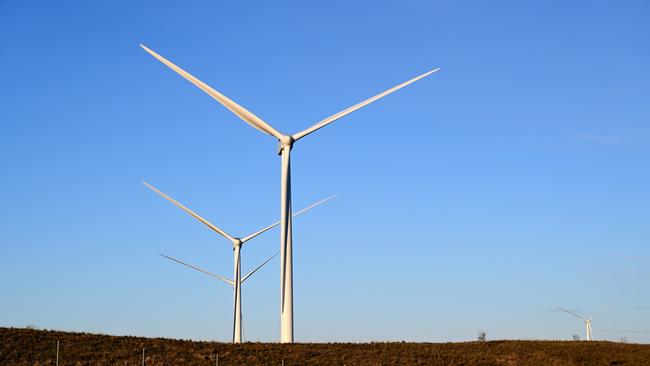
Having such overwhelming support for climate action should be the Greens’ wet dream but of course it isn’t enough for the climate crazies — because nothing ever is.
And so the Greens are still holding back support and of course any increase in the severity of their demands will only build further opposition from within the Coalition, thus further entrenching inaction.
For a party supposedly committed to action on climate change to repeatedly thwart it whenever it becomes possible is something resembling moral treason.
And so yet again the fanatics suffocate their own cause because they don’t get everything they want – much like a screaming toddler throwing two biscuits on the ground because they didn’t get three.
The good news is that yesterday’s joint statement shows just how marginalised and extreme the Greens are on this issue.
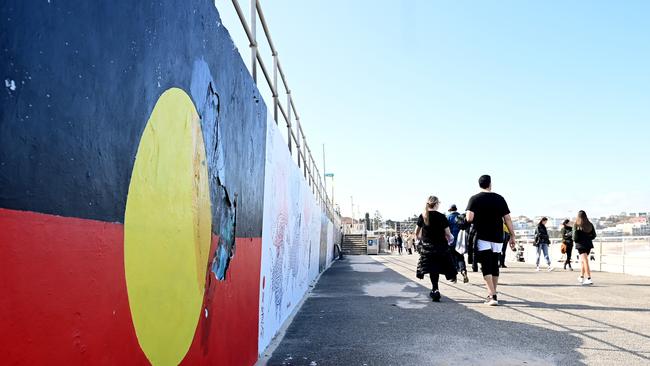
Likewise if activists are not careful in the way they frame the debate around the Voice to Parliament, they too could end up killing it off by making it appear far more radical than it was ever intended to be.
I was alarmed to hear one commentator say the Voice needed to be “feared and revered”. It is precisely that sort of language and mischaracterisation that will snuff out any chance the Voice has of being carried at a referendum.
In fact the whole development of the Voice is based on the very opposite assumption: That there is nothing to be feared and everything to be welcomed by a body that will enable better directed, more practical solutions in Indigenous policy making.
And indeed the form of words which Prime Minister Albanese suggested over the weekend show just how clear and contained the Voice’s role will be.
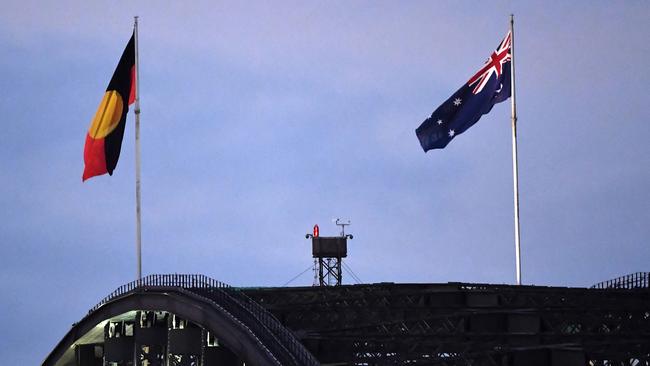
“There shall be a body, to be called the Aboriginal and Torres Strait Islander voice.
“The Aboriginal and Torres Strait Islander voice may make representations to parliament and the executive government on matters relating to Aboriginal and Torres Strait Islander peoples.
“The parliament shall, subject to this Constitution, have power to make laws with respect to the composition, functions, powers and procedures of the Aboriginal and Torres Strait Islander voice.”
In other words it will be no third chamber of parliament, have no binding power and the parliament will have complete control over its composition and operation.
This might fall short of the soaring rhetoric that so attracts the hard left, but that is the whole point.
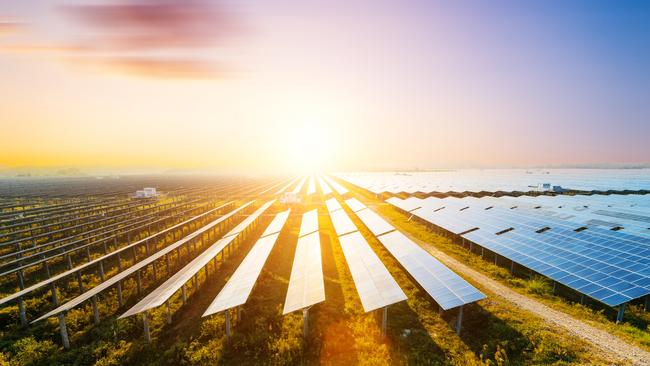
It enshrines the sovereignty of the parliament and protects democratic processes while establishing a practical procedure for developing the most effective policies and services for Indigenous people.
There is nothing to fear in this and everything to be gained, just as there is nothing to fear and everything to be gained in legislation that will boost business activity and increase investment in Australia.
Indeed, the only fear is that activists who ought to be celebrating such things could become the main impediment to achieving them.





